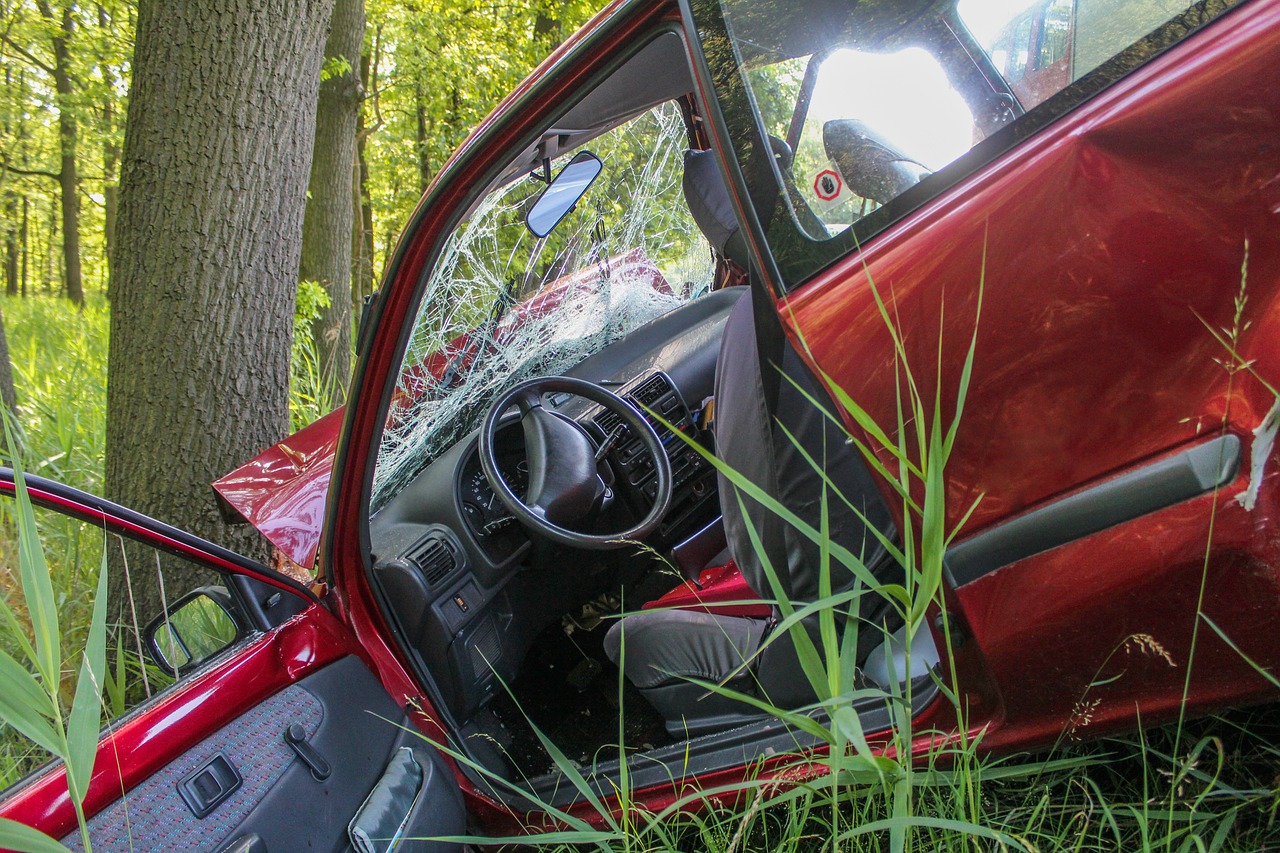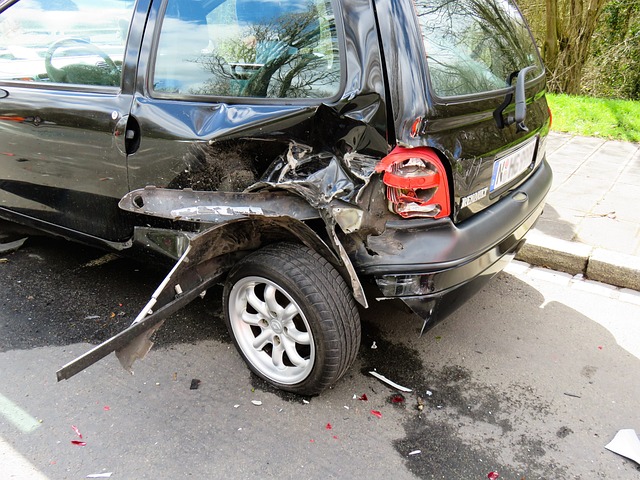Navigating the aftermath of a car accident can be an overwhelming and emotionally taxing experience. Medical bills, vehicle damage, lost wages, and dealing with insurance companies can make an already difficult situation even more challenging. Hiring the right lawyer can make a significant difference in securing fair compensation and protecting your rights. However, not all lawyers are equally suited to handle your case. By asking targeted questions during your initial consultation, you can ensure the attorney you choose is experienced, communicative, and fully prepared to advocate on your behalf.
1. What is your experience with car accident cases?
This is one of the most critical questions you can ask a prospective lawyer. Handling car accident cases requires specialized knowledge of traffic laws, insurance regulations, and personal injury litigation. An attorney with extensive experience in car accident claims will be familiar with the tactics insurance companies use to minimize payouts, how to calculate fair compensation, and strategies to build a strong case.
Follow-up questions:
- How many car accident cases have you handled?
- Are there any specific cases similar to mine that you’ve won?
- Do you have experience with cases involving catastrophic injuries or wrongful death?
2. What is your success rate in car accident cases?
While no lawyer can guarantee a specific outcome, understanding their success rate provides insight into their ability to effectively represent clients in similar situations. A high success rate often indicates skill in negotiation and litigation, which can be crucial if your case goes to court.
Additional considerations:
- Ask about settlements versus court verdicts. Some attorneys may excel in securing settlements but lack trial experience.
- Look for transparency. An attorney who openly discusses both their successes and challenges demonstrates honesty and professionalism.
3. How will you communicate updates about my case?
Effective communication is essential in any attorney-client relationship. Ask how the lawyer plans to keep you informed about the progress of your case and how often you can expect updates. Some attorneys provide weekly updates, while others may only reach out when significant developments occur.
Key points to discuss:
- Will you communicate via email, phone calls, or in-person meetings?
- How quickly can I expect a response to my inquiries?
- Will I primarily interact with you or with your staff?
4. What is your fee structure?
Understanding the lawyer’s fee structure upfront is crucial to avoid unexpected financial surprises. Most personal injury attorneys work on a contingency fee basis, meaning they only get paid if you win or settle your case. However, it’s essential to clarify the percentage they will take and whether you’ll be responsible for any additional costs.
Ask about:
- The contingency fee percentage (typically 25-40% of the final settlement or verdict).
- Whether you’ll be charged for court fees, expert witnesses, or other case-related expenses if the case is unsuccessful.
- How expenses will be deducted—before or after the lawyer’s contingency fee.
5. Who will handle my case?
In larger law firms, the attorney you initially consult may not be the one managing your case. It’s important to know who will handle the day-to-day tasks, including gathering evidence, negotiating with insurance companies, and representing you in court. Ask if your case will be delegated to a junior associate or paralegal and, if so, what oversight the lead attorney will provide.

6. What is the estimated timeline for my case?
While no attorney can predict the exact duration of your case, an experienced lawyer should provide a rough timeline based on similar cases they’ve handled. Understanding the timeline can help you set realistic expectations and plan accordingly, especially if you’re dealing with ongoing medical treatment or financial strain.
Factors influencing case duration:
- The severity of your injuries and the time needed for medical treatment.
- The complexity of determining liability.
- Whether the case is settled out of court or proceeds to trial.
7. What is your approach to handling car accident claims?
Every lawyer has a unique strategy for managing personal injury cases. Some may prefer to negotiate settlements quickly, while others are more inclined to litigate if they believe a trial could yield higher compensation. Understanding their approach ensures their strategy aligns with your goals and comfort level.
Follow-up questions:
- Are you more inclined to settle or take cases to trial?
- How do you decide whether to accept a settlement offer or push for a trial?
8. What compensation might I recover?
Although no attorney can guarantee specific results, they should be able to provide a general idea of the types of damages you may be entitled to based on their experience. Compensation in car accident cases typically falls into two categories: economic damages (medical bills, lost wages, property damage) and non-economic damages (pain and suffering, emotional distress).
Additional insights:
- Ask about punitive damages if the accident involved gross negligence or intentional misconduct.
- Discuss how damages are calculated and what evidence is needed to support your claims.
9. Who could be held liable for my damages?
Determining liability is a critical component of any car accident case. Liability isn’t always straightforward—multiple parties, such as other drivers, vehicle manufacturers, or even government entities, may share responsibility.
Key considerations:
- How does the lawyer plan to investigate liability?
- Will they work with accident reconstruction experts or other specialists if necessary?
10. What evidence will you need from me?
Building a strong case requires comprehensive evidence. Your lawyer should clearly outline the documentation they need, such as medical records, police reports, witness statements, and photos from the accident scene. Being proactive in providing this evidence can expedite the legal process.
11. Will my case go to court?
While many car accident cases are resolved through settlements, some require litigation to achieve fair compensation. Ask your lawyer about the likelihood of going to trial and their experience in the courtroom.
Follow-up:
- What is your trial experience with car accident cases?
- How do you prepare clients for court appearances?
12. What are the potential challenges in my case?
Every car accident case has unique challenges, whether it’s disputed liability, uncooperative insurance companies, or complex medical issues. Understanding potential obstacles upfront allows you to assess the lawyer’s ability to handle them effectively.
13. How will you handle negotiations with insurance companies?
Insurance companies often employ aggressive tactics to minimize payouts. Your lawyer should have experience dealing with adjusters and negotiating settlements. Ask about their strategies for countering lowball offers and their willingness to litigate if negotiations stall.
14. What is your policy on client involvement?
Some clients prefer to be actively involved in their cases, while others prefer to leave everything to their lawyer. Discuss your expectations for involvement and how the lawyer plans to accommodate them. This ensures you’re on the same page throughout the process.
15. Do you offer additional resources or support services?
Some law firms go above and beyond by providing additional resources to help clients manage the aftermath of a car accident. These might include assistance with medical appointments, connections to support groups or guidance on financial planning.
Examples of extra services:
- Referrals to trusted medical professionals or specialists.
- Assistance with obtaining a rental car or repairing your vehicle.
- Support for filing disability claims if needed.
Conclusion
Choosing the right lawyer after a car accident is one of the most important decisions you’ll make. By asking these 15 essential questions, you can evaluate their qualifications, communication style, and overall approach to handling your case. The right attorney will not only represent your interests but also provide the guidance and support you need during this challenging time. Take the time to research, ask questions, and select a lawyer who instills confidence and demonstrates a genuine commitment to your case.
Secure Your Recovery After a Car Accident in Phoenix, AZ with Phoenix Injury Attorneys
At Phoenix Injury Attorneys, we understand the overwhelming stress that a car accident can bring to your life. Our experienced and compassionate legal team, based in Arizona, is dedicated to providing not only skilled legal representation but also genuine care and empathy. Specializing in car accident claim assistance in Phoenix and the surrounding areas, we recognize that navigating the aftermath of an accident involves more than just legal proceedings—it’s about helping you recover and regain stability. By choosing us, you’re not just hiring legal experts; you’re gaining a team of advocates deeply committed to your well-being and financial recovery.
Led by Khalil Chuck Saigh, our collaborative approach ensures that every client benefits from our collective expertise, making us a strong force in pursuing your rights and fair compensation. We are committed to providing personalized attention and tirelessly working to achieve the best possible outcomes for our clients in Phoenix and throughout Arizona. Trust Phoenix Injury Attorneys to handle your car accident claim with the utmost care and professionalism, so you can focus on healing and moving forward with confidence. Reach out to us today to learn more about how we can assist you through this challenging time.
Disclaimer
The materials available on this website are for informational and entertainment purposes only and not to provide legal advice. You should contact your attorney to obtain advice concerning any particular issue or problem. You should not act or refrain from acting based on any content included in this site without seeking legal or other professional advice. The information presented on this website may not reflect the most current plumbing developments. No action should be taken in reliance on the information contained on this website and we disclaim all liability concerning actions taken or not taken based on any or all of the contents of this site to the fullest extent permitted by law.


